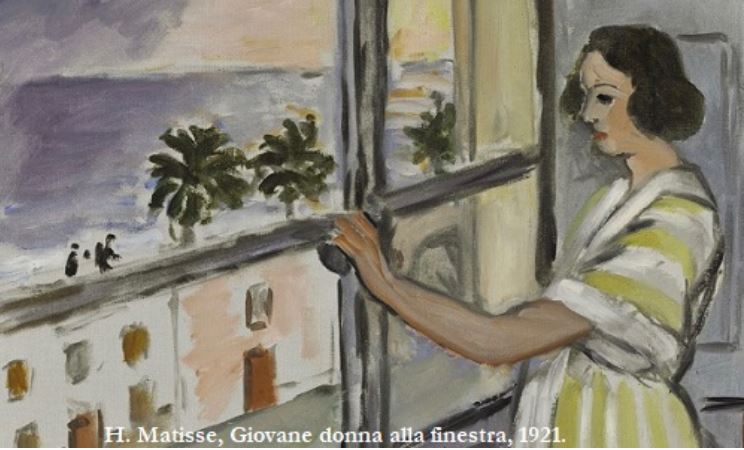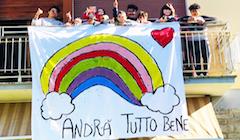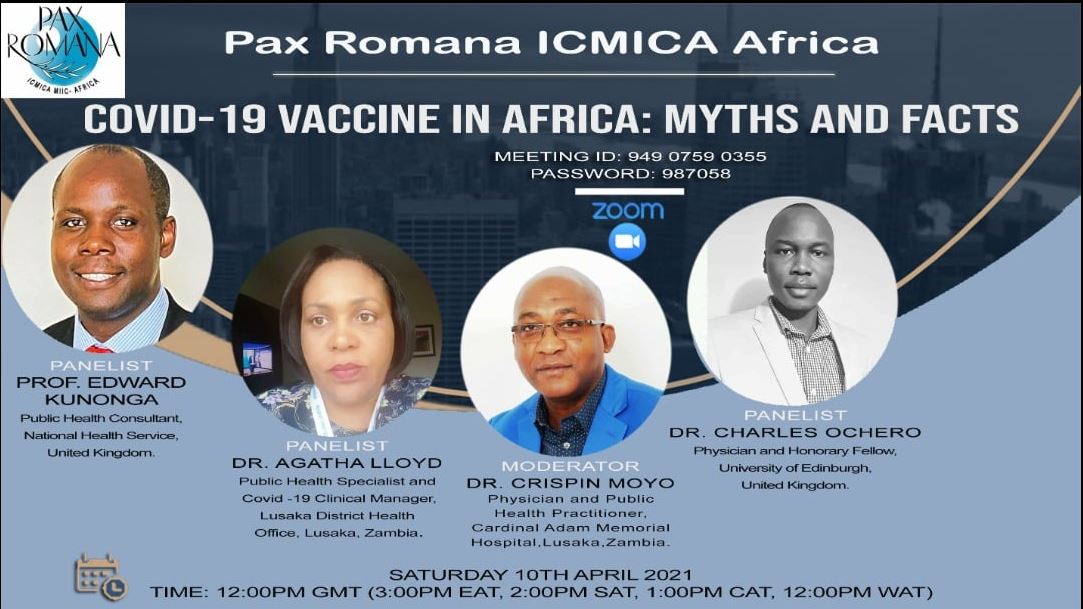I am a teacher: I work with words. I know how to fill any kind of space or time with words. I know how to captivate the attention of an audience with a funny or moving word. I know how to get by elegantly when you don’t have all the answers. That, I’ve learned, is the tricks of the work.
But now I have no more words. The words I had are not enough to say what I am witnessing, what we are going through. I would like to escape from all this, but I don’t know where to go, for we are all in the same boat: the neighbour next door, the distant one who lives in the other hemisphere.
The only word I have left is “why?”. Why all this? Why in these proportions? I have no answer to this question, and this time I cannot get away with it.
To my students I explain that an action is not a “simple fact”: it presupposes a free and responsible agent, someone to whom I can ask to account for his action, to justify it, to make it right in my eyes.
But today, there is no one to whom we can hold ourselves accountable. All attempts to find someone responsible – someone who can answer for what is happening – appear to be in vain. The virus is not even a living being. It kills and destroys without even the – questionable but understandable – motivation of having to provide for itself. « Mors tua, vita mea ».
We have tried to find those responsible: pollution, certain animal husbandry practices, the lies of the Chinese government, the disorganization of our country, the cuts in the health budget, and even joggers. If you are running while people are dying, you must be the one to blame. I confess: as long as it was possible, I was one of them. I was running for my health and I was doing it without risking anyone’s life, and I know that this is not the place to look for the person responsible. We have become bad to each other in our desperate search for a leader: let’s find him and the problem will be solved!
That is the tragedy: this time there is no one to blame. There is no one who can answer for all this. Certain choices – wrong or delayed – may have made the situation worse, or may not have sufficiently limited the damage, but there is no one to blame for this death and destruction. And in the absence of a response, there is no longer a voice. And yet we need words as much as we need the air that the virus takes from those it strikes.
The treatments this time will inevitably have very serious side effects. By saving lives, we risk more. The choice between pandemic and famine is an undecidable dilemma, as is any choice between who lives and who dies. Actually, it is worth focusing on the most imminent danger, but the argument will not be valid indefinitely: hunger and loneliness could soon kill as many people as the virus. We don’t know what to say, everything is so uncertain.
Everything will be all right, let’s repeat it like a mantra. Today, however, we know that not everything will be all right, at least not for everyone. The human cost of this misadventure will be very high for many, even more so for some. Here again, the words “everything will be fine” that we used to cling to, suppressed by a column of military trucks filled with coffins, are disappearing.
Who will be able to give us back our word in the midst of this void of answers, in this situation in which it seems that, whatever we do, we are mistaken or at least we do not solve anything? In this continuing tragedy of illusions through which it becomes more and more obvious every day that everything, in the end, will not have gone well?
Today as never before, it becomes clear that hope is not a passion, nor is it a feeling. It is the result of a decision, a choice. Today we can choose hope. In what we are experiencing, we are more vulnerable than responsible. There are more things beyond our control than under our control. And yet there is one thing we are responsible for: our hope.
Hope is not the illusion that evil will not strike us, the illusion that we are not vulnerable. It is the confidence that this immense nonsense can make sense. We will be able to start having words again, but we will be responsible for that meaning and those words.
The condition will be not to waste this extreme time of isolation, of quarantine. It will make sense if we use it to work on ourselves, when the situation requires us to take account of the reality that we are ourselves, without the social filters. The entrepreneur, the worker, the domestic worker, the model are here in the same way: in front of themselves. This time will make sense if we use it to work on our human relations, now that the social ones have grown apart. It will make sense if each of us, according to our possibilities, contributes to dreaming of a different world, to making it our project: another policy, another economy, another Europe and even another ethic.
An ethic that will have to be equal to those inseparably vulnerable and responsible beings that the virus has made us discover within ourselves. An ethic for beings who do not have everything under control but who must do the good they can, far beyond what the rights of a third party or the precepts of a law may require.
Everything that in the past we considered to be supererogatory – that is to say, good but not required – has today become a daily duty, a necessary response to the clamour of the most vulnerable, a condition even for living as men. The commandment of love – the supererogatory par excellence – that which cannot be demanded of you, which has always been considered valid only for believers, is today the living centre of ethics. Sine amore non possumus.
Perhaps the happy ending will not be what we imagined when we repeated that everything will be all right: we are vulnerable. But another happy ending is still possible, is within our reach, and for that we are responsible.
Stefano Biancu





Leave A Comment
You must be logged in to post a comment.